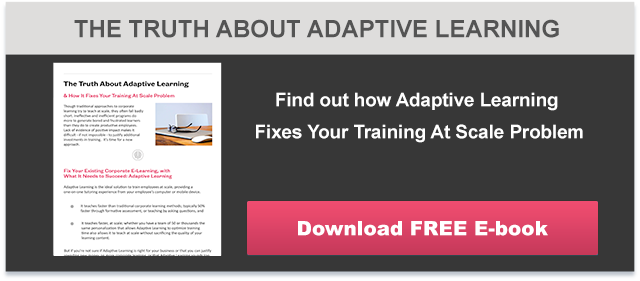Compliance training is not popular: most people find it to be the most painful form of corporate training. It is usually a recurring requirement and employees know they’ll have to retrain at again and again. In this post we’ll focus mostly on health and safety, but the same problems with traditional e-learning affect all forms of compliance training.
While the number of annual workplace accidents shows the need for compliance training, the problem is that traditional training often feels redundant rather than beneficial. When useful information is buried under repetitive knowledge that the learner has encountered innumerable times. Valuable and reinforced opportunities for learning are lost. If the course is mounted on an e-learning platform, it’s easy for learners to skip through sections they think they know, and if it’s a classroom course, they might just tune out.
As a compliance officer, you already know that compliance training is too important to let slip by, and that employees not properly trained in compliance issues leave themselves and their company at risk.
Mitigated risk, including the avoidance of legal action against the company, is the ultimate aim of compliance training. One way that compliance officers can better mitigate risk is by better training their employees.
Adaptive Learning Teaches Compliance Training in a More Engaging Way
The perception that health and safety training is boring or irrelevant is connected to the way that the knowledge base of diverse learners’ is treated as the same. So the worker who knows CPR better than anyone at the company (who possibly even trains others in it) is consistently required to review CPR from a beginner’s point of view. Adaptive Learning doesn’t work like this.
Adaptive Learning can determine if the employee needs a refresher, or if their time would be better spent on aspects of compliance in which they have poor, rather than expert, knowledge. Because the Adaptive Learning curriculum changes depending on the learner, it’s like having a personalized tutor for every member of your company.
Once a traditional compliance health and safety course is complete, it needs to be retaken periodically within a set timeframe. With Adaptive Learning’s Recharge function a learner can refresh their knowledge and expertise with ease. With other e-learning approaches, a refresher course needs to be scheduled, but with Recharge that refreshment happens more dynamically and without the hassle that course scheduling can impose on learners. Employees won’t dread getting a refresher because Adaptive Learning will target the specific and individualized weak areas that each employee needs to strengthen without punishing learners for forgetting information.
With Adaptive Learning the learner doesn’t have to sit through the same lecture every year. They can skip the parts with which they are already proficient and focus on new and updated material. This leads to more engaged learning, faster training, and learner mastery.
For more information about how Adaptive Learning can make corporate training more engaging, download this free ebook.









